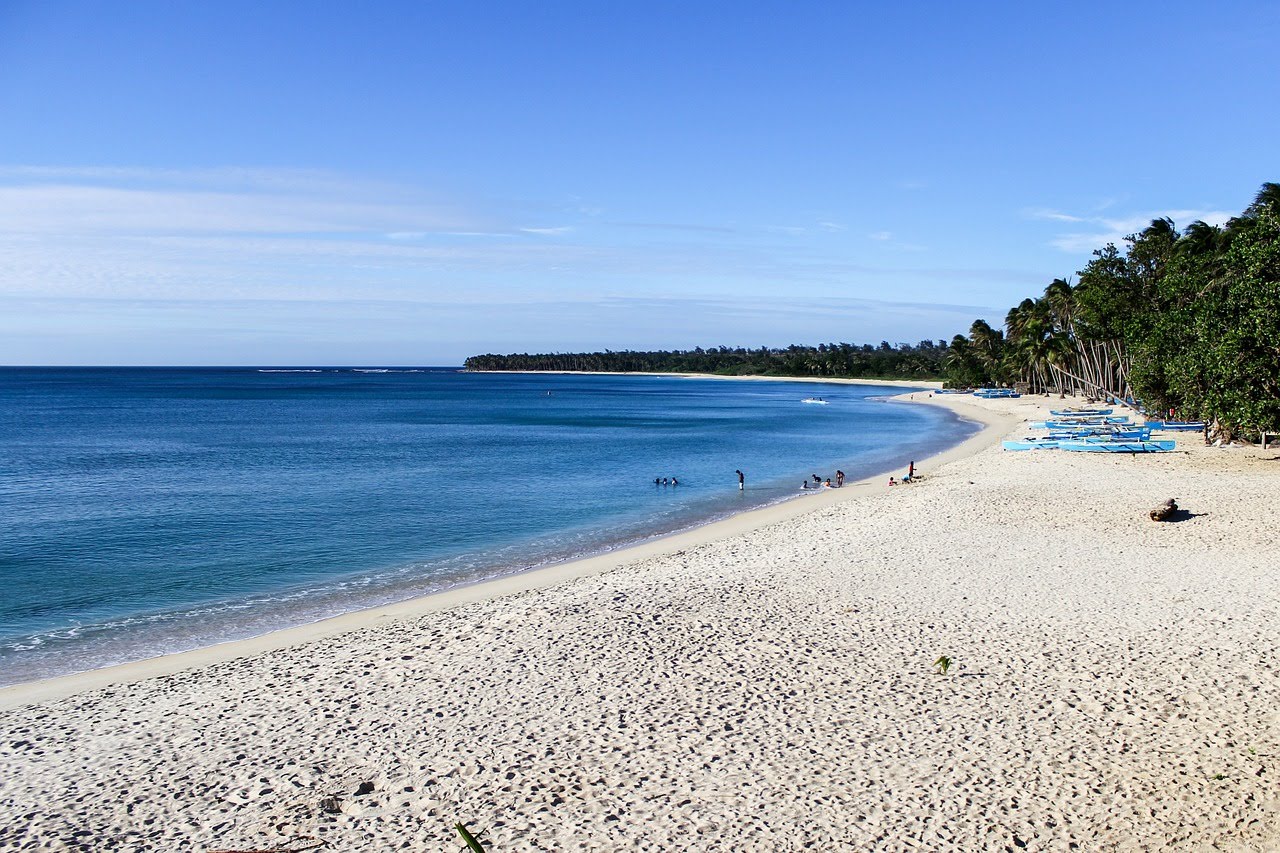Social Media and Tourism
Social Media and Tourism by Benxiang Zeng
The use of Internet and other information communication technologies leads to a new era of tourism economy. Social media, as
one of most powerful online networking tools, has been integrated into a part of social and economic life in the real world.

Marketing of tourist destinations can be done through facebook, youtube and twitter.
The role of social media in tourism has been increasingly noted and researched as an emerging topic. Social media plays an increasingly important role in many aspects of tourism, especially in information search and decision-making behaviours [2] and tourism promotion [3- 6] focusing on best practices for interacting with consumers via social media channels (social sharing of holiday experiences).
Leveraging off social media to market tourism products has proven to be an excellent strategy [3]. Many countries regard social media as an important tool to promote their tourism industries.
Claims that social media play an increasingly important role in holiday planning and booking are always supported by the increase in number of visits to a tourism website.
There have been challenges in using social media in tourism. Different countries and businesses have different realities regarding the social media used for tourism management. On one hand, the importance of online marketing has not been fully recognized in tourism management [14]. It is estimated that only 1.55 percent of the total destination media expenditure was spent on Internet advertising in 2008 [15]. In 2010, only 28% of travel agencies in Asia-Pacific region were using social media [16]. On the other hand, the tourism industry is generally facing great challenges in managing social media moving forward, such as developing a clear and measurable strategy, demonstrating the viable return of investment and integrating social media into business processes [17].
Compared with the exponential growth of social media used in tourism, related studies seem to lag behind with regard to either the volume of literature or the broadness of research topics. There have been few quantitative studies on the impact of social media in tourism, compared with most of current studies focusing on qualitative explorations. Therefore, the future study will have to provide solid evidence to demonstrate the positive contribution of social media to tourist numbers, perspectives or location positive image, or economic return of investment in social media usage of tourism industry.
Economic studies need to be advocated and encouraged. Notably, almost all of current studies employ a micro approach, focusing only on specific aspects of the issue such as specific social media type, specific application and at specific travel planning or decision-making process stage [2]. Obviously, there is a need of a comprehensive macro approach to explore the overall impact and role of social media, focusing equally on each stage of the travel planning process, and attempting to cover all stages of the decision making process.
References
1. Statistic Brain (2012) Social networking statistics.
2. Fotis J (2012) The impact of social media on consumer behaviour: Focus on leisure travel.
3. VTIC (2012) The definitive proof of social media’s worth to tourism.
4. Social Media Tourism Symposium (2011) Social media tourism symposium Facebook page.
5. Think Social Media (2012) How social is your DMO?-US Tourism Office Edition, Q4 2012 Edition.
6. Bradbury K (2011) The growing role of social media in tourism marketing.
7. Tourism Australia (2012) Tourism Australia urges industry to get social media
ready.
8. Tourism Queensland (2012) Online Marketing: Tourism e-kit: Social Media.
9. STB (2012) Developing a social media strategy for tourism destinations.
10. Milano R, Baggio R, Piattelli R (2011) The effects of online social media on tourism websites.
11. Lu R (2012) Study on tourist attraction micro-blog marketing model-A case of China Zhejiang Wuzheng. The 13th International Joint World Cultural Tourism Conference Thailand 549-559.
12. Schneigansz H (2009) Tourism and social media: An Internet reality check.
13. Eye for travel (2011) Social media influence might be less important than we think.
14. Zeng B (unpublished). New cultural characteristics of Chinese outbound tourism.
15. Shanghai (2009) Destination promoters wanting to attract mainland Chinese travellers should advertise on the internet, the GO-TO information source for Chinese travellers: Nielsen.
16. Abacus (2010) Social media will open a new landscape for tourism industry.
17. Gonzalo F (2012) The Five Challenges of Social Media Management in Tourism